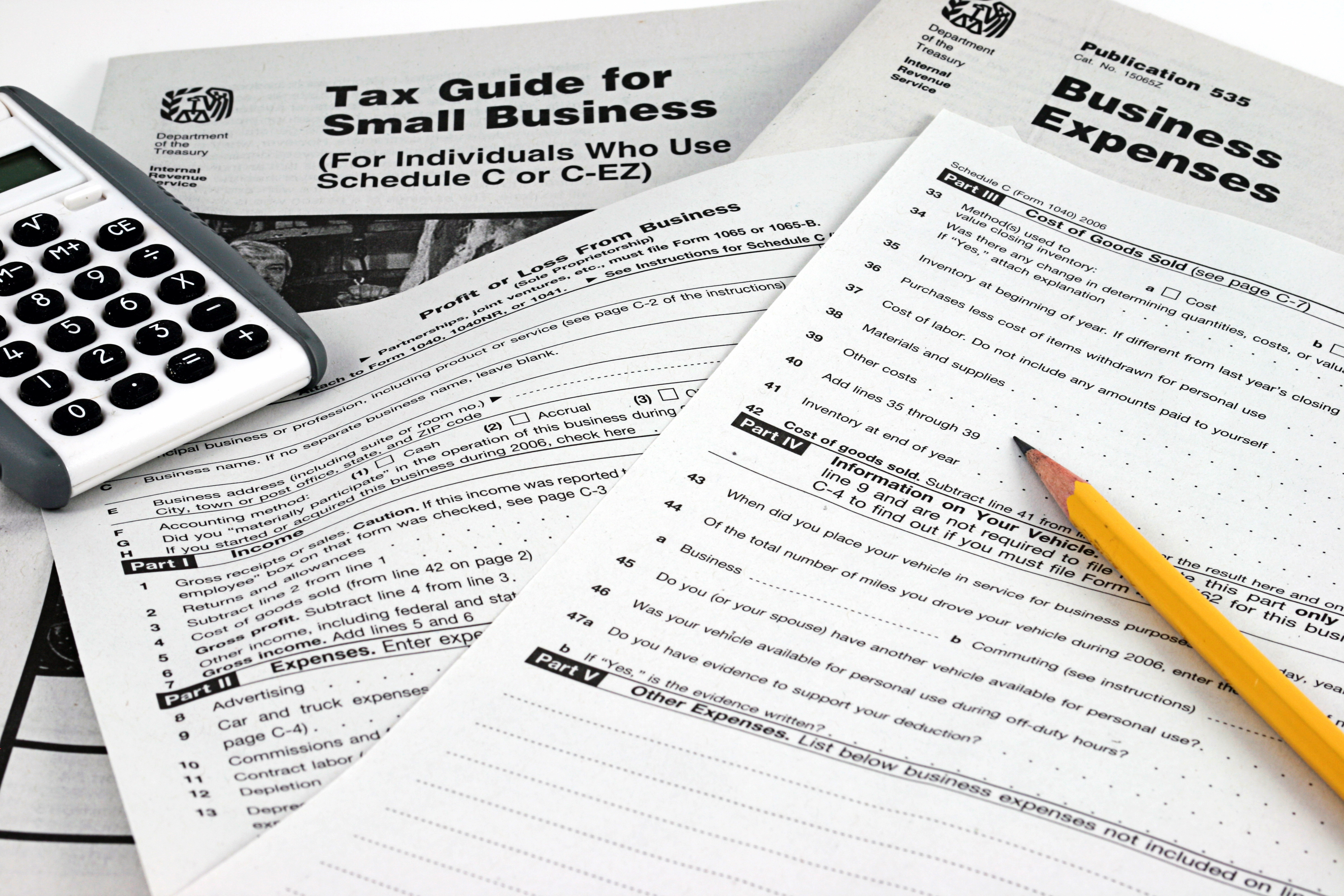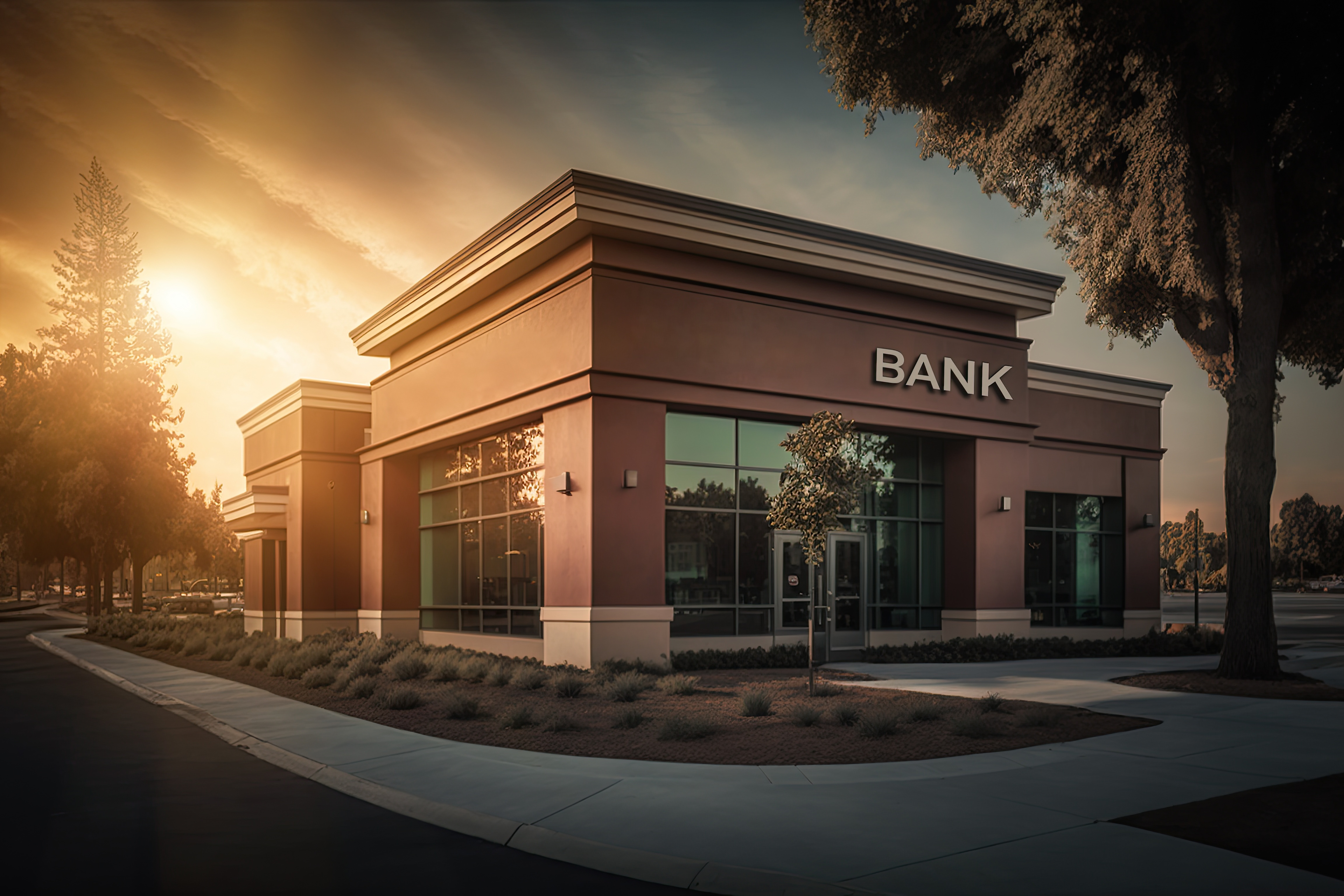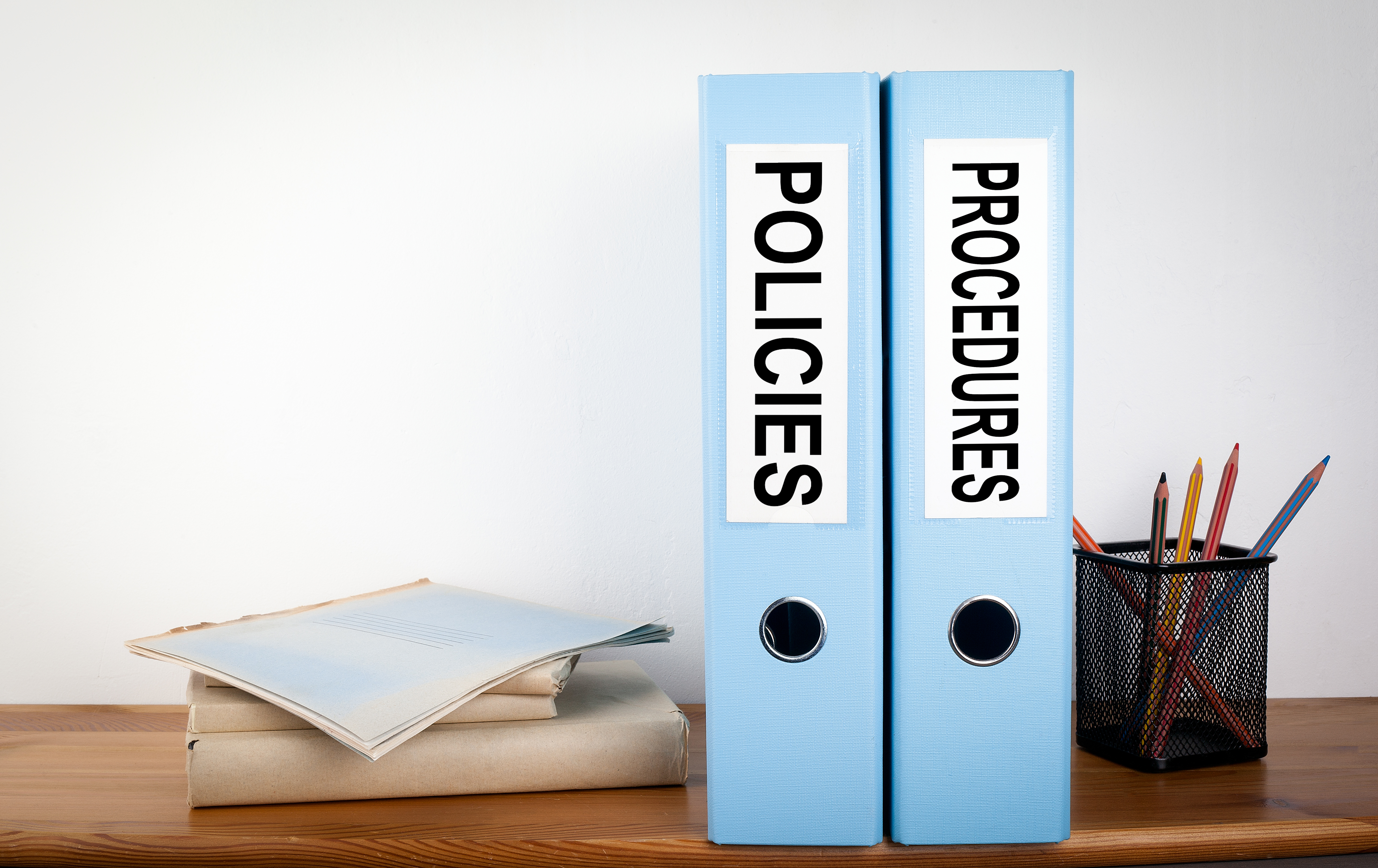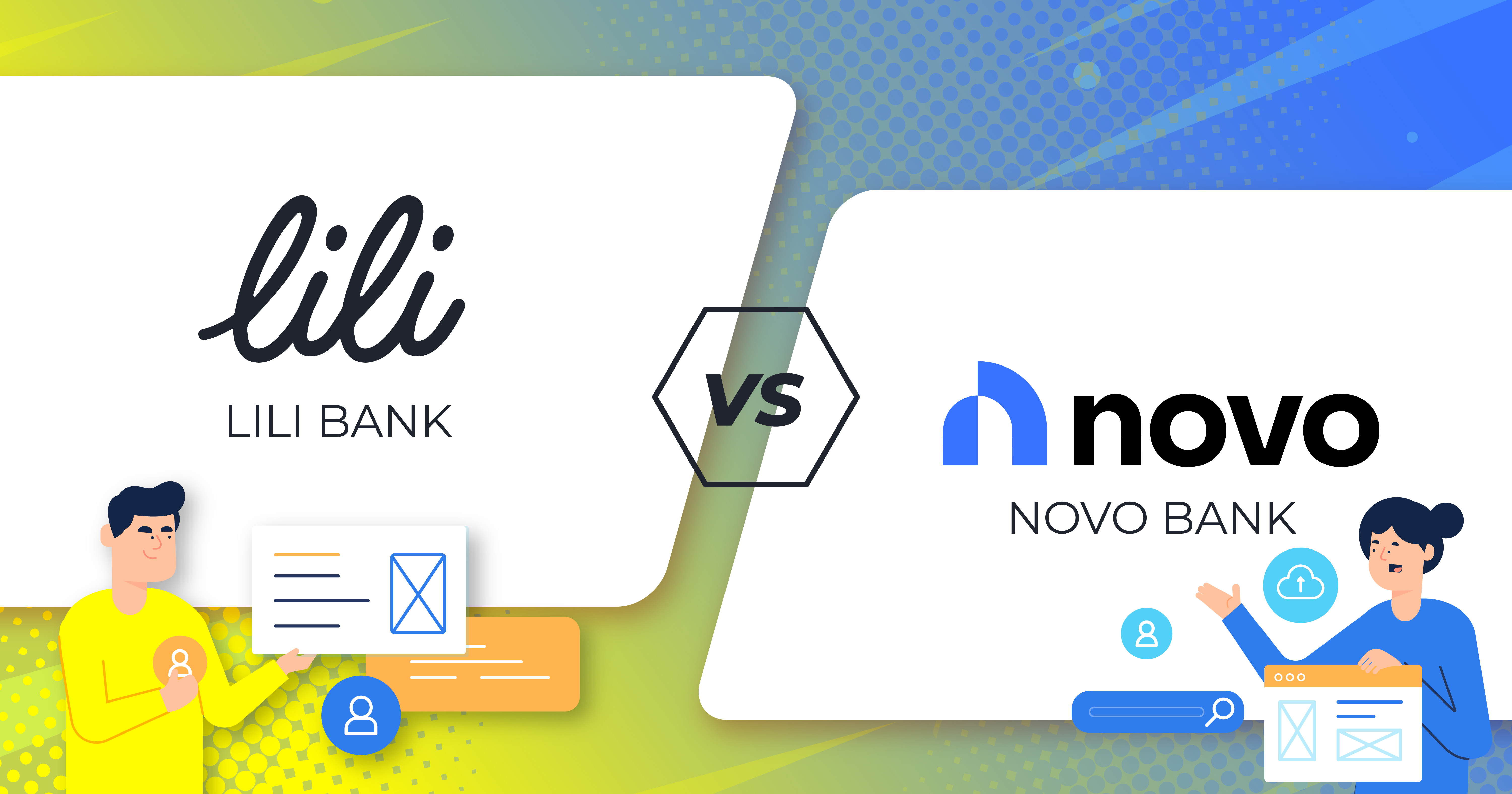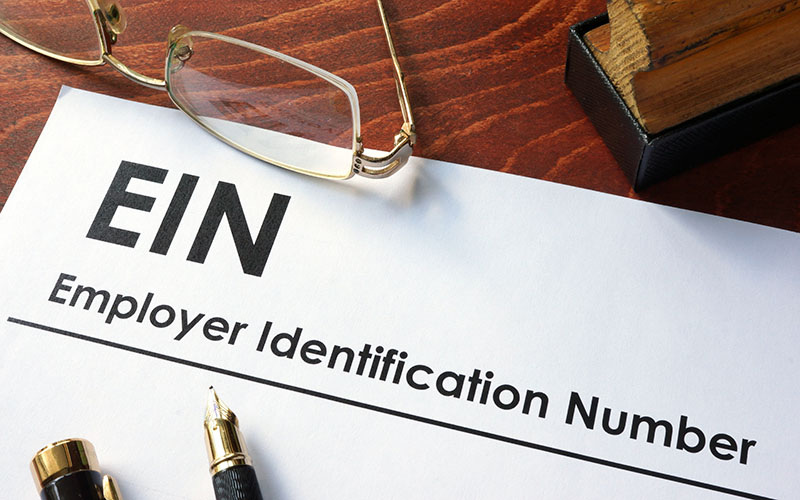How to Change Business Bank Accounts
Key Takeaways
- Changing business bank accounts can provide access to new tools and features, potential sign-up bonuses, and better fee structures.
- Indicators suggesting a need for change include high fees, underused physical branches, poor customer service, better perks elsewhere, outgrowing current services, exceeding limits, and loan difficulties.
- Transitioning requires researching a new bank, opening an account, transferring funds, updating transactions, closing the old account, and informing relevant parties.
- After switching, familiarize with the new system to maximize its benefits. The new bank should serve current and future business demands.

How to Switch Business Bank Accounts
To switch bank accounts, you should first compare other business bank accounts, open the account, ask your new bank to help move your funds from the old bank, update any automated transactions you have set up to use your new account, and notify your vendors and customers of the change.
While changing banks can feel like a hassle, there are many reasons you might do so. For example, you could find that your company has outgrown its current business bank account or that another business bank is offering a better deal.
Regardless of why you’re making the switch, knowing how to change your business bank account with minimal disruption to your company is important if you want to take advantage of a new business bank’s offerings.
Switch Business Bank Accounts - Pros and Cons
Before switching your business bank account to a new bank, consider the benefits and drawbacks of doing so.
Pros
- Access new tools and features. The main reason to switch business bank accounts is to access new services that are offered by a different business bank. For example, if your current bank doesn’t have payroll you might want to switch business banks as you hire more employees and need an account that offers help with payroll.
- New account bonuses. Business banking is a lucrative business, so banks often offer sign up bonuses to business owners when they open a new business bank account. Switching your business bank account can earn you hundreds or thousands of dollars in sign up bonuses.
Cons
- Takes a lot of effort. It takes a lot of work to switch business bank accounts. You probably have a lot of automated processes tied to your existing bank account and vendors who send or receive electronic transfers using that account. You’ll need to move all of your money to a new bank, set up new automation, and work with your vendors and customers to make sure they start using your new account.
- Split your finances between banks. Some aspects of business banking can’t be moved to a new bank quickly and easily. For example, if you have a business loan, you can’t just move it to a new bank and start paying them instead. You’ll either have to keep the loan at the old bank until it’s paid off, splitting your finances between two banks, or refinance it with a new loan at the new bank.
Signs You Need to Switch Business Bank Accounts
Your business bank account is one of your business’s most important tools. These are some signs that might indicate it’s time for a change.
High fees
One of the drawbacks of business bank accounts, in general, is that they often have high fees. While it’s easy to find a consumer bank with low or no monthly fees, it can be more difficult to find a fee-free bank accounts.
However, even if many business banks charge fees, that doesn’t mean you should be willing to pay them unnecessarily. Look at your business bank account’s statement and try to identify all the fees you’re paying. Depending on how your company operates, you might be paying more than just a monthly fee, such as transaction fees, cash deposit fees, or wire fees.
If you identify an area where you’re paying a lot in fees, consider switching to a business bank that has lower fees for that service.
You don’t use your bank’s physical branches
If you switch business bank accounts, it can help you start using the right type of bank for your company.
Depending on the type of business you operate, you might find yourself doing most of your banking in person or doing most of your banking online.
There are many perks to using a bank with a large network of ATMs and physical branches. Getting in-person service is nice and it makes it easy to deal with cash deposits and withdrawals. However, running a business bank that has physical locations means paying significantly more overhead. Business banks pass those costs on to their customers by charging higher fees.
By contrast, online business banks are less expensive. They’re also more likely to offer perks like integrations with business accounting or bookkeeping tools. If you’re using a business bank with physical branches but find yourself doing most of your banking online, it might be a good idea to switch business banks.
Poor customer service
Switching business bank accounts helps you get away from bad customer support. Even if your bank was once great, things can change over time, and you might find that it is no longer providing the same quality of customer service that it once did.
Customer service is essential in any line of business, but it’s especially important in the world of banking. You need to be able to trust that your business bank will be there to help you when you need it.
A good business bank should be able to advise you about the different ways it can help your business and help you make decisions about things like which type of loan to use. Switching your business bank account can get you the help you need.
Other aspects of customer service, like the quality of your business bank’s mobile app or website, are also important. If your bank isn’t keeping its technology up to date or treating you properly, it might be time to switch business bank accounts.
Another business bank offers more exciting perks
You might switch business bank accounts to get access to lucrative perks or sign up bonuses. Business banks will compete to draw in customers, so many offer perks to help draw in business. This is especially true for online business banks.
For example, you might find a business bank that offers discounts on things like accounting or bookkeeping services or advertising, free credits for some business services, or other perks for your company. These benefits can be an appealing reason to switch your business bank.
Switch banks when your growing business demands more.
The financial needs of your company might have evolved since you selected your present bank. It's common for a business's expansion to surpass its bank's capabilities, like cutting-edge technologies or broader services. This might prompt a shift to fuel further organizational growth. Perhaps you're considering streamlining all your banking under one roof and need an institution that covers all bases. Whatever your reasons, seek a bank that offers comprehensive, secure, and innovative solutions, ensuring your business remains efficient, protected, and ahead of the curve.
You’re exceeding your limits
When your business starts surpassing transaction and cash deposit limits, it's likely a signal that your current business checking account no longer suffices. Instead of automatically moving up to the next account level at your existing bank, seize the opportunity to evaluate alternatives, comparing limits, charges, and services at various institutions.
You can’t get a business loan
Should your main bank decline your application for a small-business loan, consider alternative avenues. Local banks, credit unions, and community development financial institutions tend to offer more lenient lending criteria compared to bigger banks.
Applicants often find the process at smaller banks smoother, encountering fewer issues related to application procedures, funding duration, interest rates, and repayment terms.
How Hard is it to Switch Banks?
A prevalent myth about changing banks is that it's a challenging ordeal. This perception often stems from outdated banking practices you might be familiar with. Contrarily, switching business banks is straightforward and can be accomplished in roughly 10 minutes.
A competent online business banking platform should streamline the process. Features like easy online onboarding, clear account setup steps, and hassle-free automatic payment configurations ensure continuity in your transactions.
Remember, each bank presents distinct services, advantages, and fee structures. Hence, the real task often lies in selecting a banking experience tailored to your specific requirements.
How to Switch Business Bank Accounts
Deciding to switch business bank accounts to a new bank is one thing. Actually changing your business bank is another. It can be a bit of a process and it’s important to make sure you’re careful to make sure it goes as smoothly as possible.
1. Research and choose a new business bank
The first step to switch business bank accounts is to find the bank you want to switch to.
Before making the change, think about what you want to get out of switching business bank accounts. You might be looking for lower fees, better service, more features, or all of the above. If you know what you’re looking for, it can guide your search.
Once you’ve figured out the criteria, you can start researching new business banks. Keep in mind that your new bank should meet your current needs but it should also be able to grow with your business. You don’t want to find yourself having to switch business bank accounts again in a few months or a year down.
If you need help finding a good business bank, consider asking for recommendations from other business owners or your accountant or bookkeeper.
2. Open an account
Once you’ve chosen a new business bank to use when you switch business bank accounts, the next step is to apply for your new account.
Opening an account at a new bank will be just like opening your first business bank account. You’ll have to provide some personal info and information about your business, then make an opening deposit.
Once the account is open, make sure it works like you expect it to and has the features you need. You’re then ready to switch business bank accounts in earnest.
3. Ask your new bank for help with the transfer
Switching business bank accounts gets easier if you have help. Remember, business banks have a vested interest in drawing in new customers. That means that your new bank should be willing to help you switch business bank accounts.
Ask your new bank for a transfer kit. This kit will come with all of the information you need to make the transition as seamless as possible. Your new bank can also reach out to your old bank to help streamline the process, pulling funds into your new account and making it easier for you to change your business bank account.
4. Change automatic transactions to your new bank
Before you completely switch business bank accounts, draining your old business bank account and closing it, you’ll need to identify any recurring and automated transactions that are tied to that account.
For example, you might have automatic payments for utility bills set up, allowing your local utilities to draw funds right from your bank. If you switch business bank accounts and forget to change the automatic payments to your new account, you’ll miss payments and might come to work one day to find the lights turned off.
Once you’ve identified any recurring transactions, switch them to your new business bank account. You might want to keep the old account open for a couple of months just to make sure you didn’t miss anything.
5. Cancel your old business bank account
Once you're certain that your new bank account is fully operational, all auto-payments are shifted, and all checks from your old account are processed, it's time to close your old business account. Typically, this process requires an in-person visit.
Your bank will probably require you to complete specific account closure forms. Ensure there's sufficient balance to handle any outstanding transactions. After clearing all pending activities, the bank will hand over the residual funds to you or the authorized representative of your business.
Notify third parties of the change
To complete the process of switching your business bank account, you’ll need to inform any third party that interacts with your account of the switch. Your new bank might be able to help by providing an account transfer letter that outlines all of the details.
Send this information to people like your vendors or customers that make deposits directly to your business bank account. Timing this change properly is important. For example, it’s probably a bad idea to try to switch your business bank account in the middle of your monthly payroll.
What Should You Do After Switching Banks?
After switching to a new bank, the next step is familiarizing yourself with the new system. Leveraging an online banking platform can offer a deeper understanding of your spending trends, automatically sync with accounting tools like Quickbooks, and help you categorize expenses for more efficient financial management.
Switching banks can be beneficial if you're burdened with excessive fees or lack contemporary features such as mobile banking, zero-fee ATM withdrawals, and automated transaction insights. Ultimately, the decision to switch lies in your hands. Opting for a bank that aligns better with your business requirements can pave the way for financial success.
The ideal bank will evolve alongside your business, presenting opportunities for expansion. This might entail the option to open multiple accounts and a system that deciphers your expenditure patterns.
If the idea of switching appeals to you, contemplate the advantages of partnering with Relay. Enhance the way you spend, save, and strategize with unmatched insight into operational costs, cash flow, and accounts payable.
Bottom Line
Switching business bank accounts can be a process, but it's worth doing if you can get access to valuable new tools or banking features. Before you switch to a new business bank, consider not only your current needs but whether the new bank can grow with your company and meet its needs for the long term.
To switch business bank accounts, keep these things in mind.
Not sure where to start looking? Here are our top picks for free business checking accounts, best credit unions, bank accounts for small businesses, business checking accounts for startups and freelancers, and the best online business bank accounts.
Can I switch business bank accounts to another bank?
Yes, you can switch business bank accounts to another bank. All you have to do is open a new business bank account, move your money, and ensure all your automatic transactions are moved to the new account.
Is it easy to switch business bank accounts?
It can be complicated to switch business bank accounts if you have a lot of automatic transactions set up with your old bank. You’ll want to make sure you move the transactions over to the new account before closing your old bank account.
How long does it take to switch business bank accounts?
You can switch business bank accounts in as little as a few days or a week if you don’t have any automatic or recurring transactions set up in your old bank account. If you do have recurring transactions, you might want to spend a longer time on the process to ensure you’ve properly moved all of the activity to the new account.
Do I need to switch business bank accounts for a new business partner?
Changes in business needs are the biggest reasons businesses consider switching business bank accounts. However you do not need to switch banks. Simply visit the bank, with the joint owner, and present the required documents. The bank will generally require both owners to complete and sign a joint application form and signature card, which authorizes both owners to have full access and control of the account and turn it into a joint bank account.
Edited by:
Bryan Huynh
•
Product Tester & Writer







































